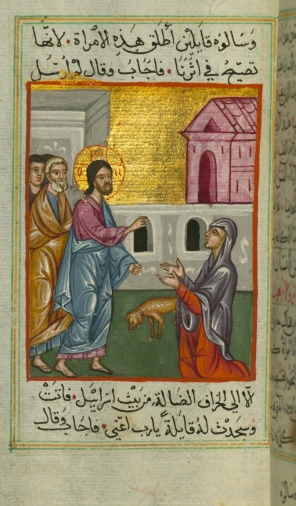
He brought him outside and said, “Look toward heaven and count the stars, if you are able to count them.” Then he said to him, “So shall your descendants be.”
Friday
Genesis 15:1-12, 17-18
1After these things the word of the Lord came to Abram in a vision, “Do not be afraid, Abram, I am your shield; your reward shall be very great.” 2But Abram said, “O Lord God, what will you give me, for I continue childless, and the heir of my house is Eliezer of Damascus?”
Abraham was 75 when he left Haran, taking his wife, Sarah, and nephew, Lot, and leaving his father behind. He left, according to the narrative, in obedience to God who promised he would be the father of a great nation through which all families on earth would be blessed.
He went to Shechem, then to Bethel, then by stages to the Negev. During a famine he went down into Egypt and eventually returned, moving again in stages from the Negev back to Bethel. Tension between his household and the household of Lot caused them to separate, and Lot to move into the Jordan Valley and took up his fateful residence in Sodom. Lot became the victim of a war between the “kings” (chieftains of city-states) of the region and Abraham went to rescue him. After all this, “some time later” according to the text, we find him still childless.
“O Lord God, what will you give me, for I continue childless, and the heir of my house is Eliezer of Damascus?”
Three times he has heard the promise of descendants, and three times nothing has happened but the ongoing vicissitudes of life.
“O Lord God, what will you give me, for I continue childless, and the heir of my house is Eliezer of Damascus?”
I appreciate the frankness of his conversation. He can see no future but that his steward will end up with the estate. God, however, explains nothing. What God does is simply repeat the promise. And Abraham trusts it.
Trust is not a substitute for righteousness. Righteousness means fidelity to God and to others. Abraham has shown fidelity to Lot. Now he shows fidelity to God. He accepts God’s word.
Few of us have a vision such as Abraham’s. What we have is the promise of God mediated to us through the text of scripture and embodied in the water of baptism and the bread and wine of Holy Communion. They are the equivalent of the smoking pots: God’s covenantal promise made visible: “This cup is the new covenant in my blood…shed for you and for all for the forgiveness of sins.”
We don’t know how we will get to the fullness of the promise of the world brought into the blessing of God. But we accept and live by the promise. And it is righteousness.


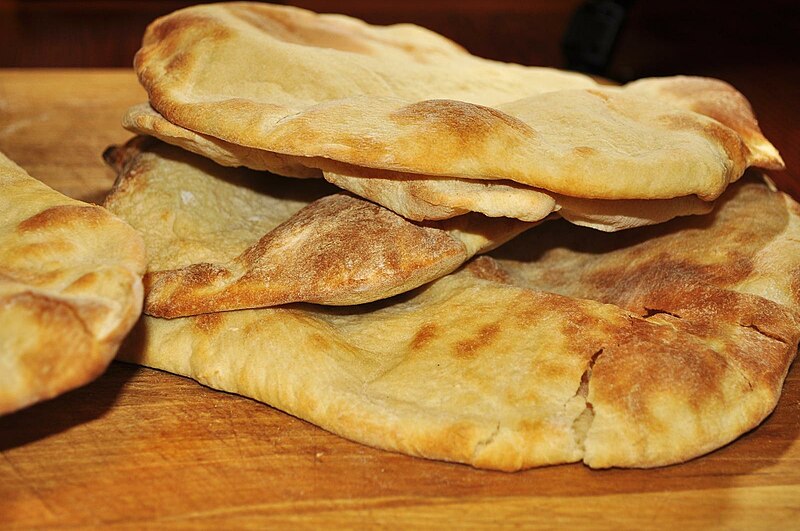
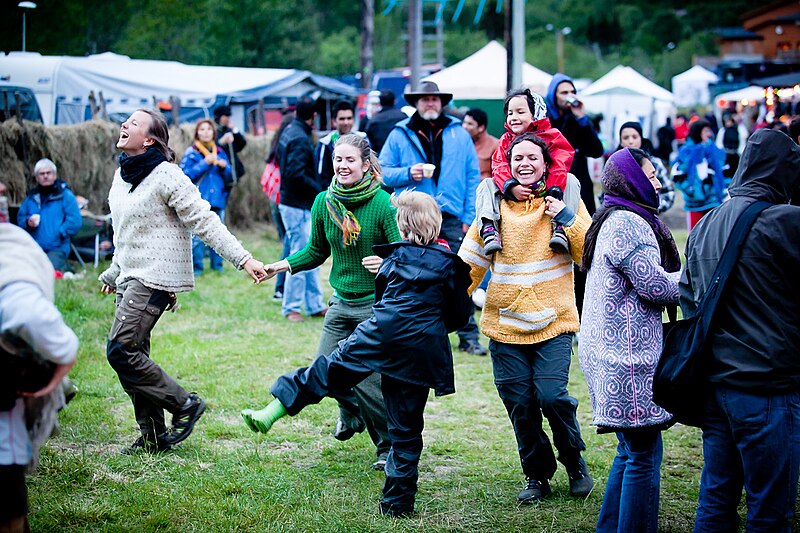
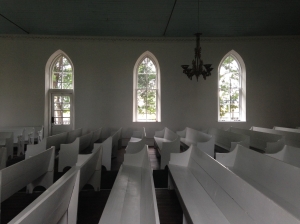
 6On this mountain
6On this mountain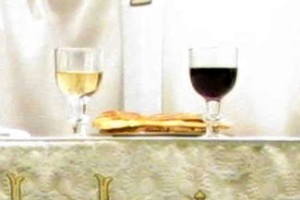
 43Whoever wishes to become great among you must be your servant, 44and whoever wishes to be first among you must be slave of all.
43Whoever wishes to become great among you must be your servant, 44and whoever wishes to be first among you must be slave of all. 13People were bringing little children to him in order that he might touch them; and the disciples spoke sternly to them. 14But when Jesus saw this, he was indignant and said to them, “Let the little children come to me; do not stop them; for it is to such as these that the kingdom of God belongs. 15Truly I tell you, whoever does not receive the kingdom of God as a little child will never enter it.” 16And he took them up in his arms, laid his hands on them, and blessed them.
13People were bringing little children to him in order that he might touch them; and the disciples spoke sternly to them. 14But when Jesus saw this, he was indignant and said to them, “Let the little children come to me; do not stop them; for it is to such as these that the kingdom of God belongs. 15Truly I tell you, whoever does not receive the kingdom of God as a little child will never enter it.” 16And he took them up in his arms, laid his hands on them, and blessed them.